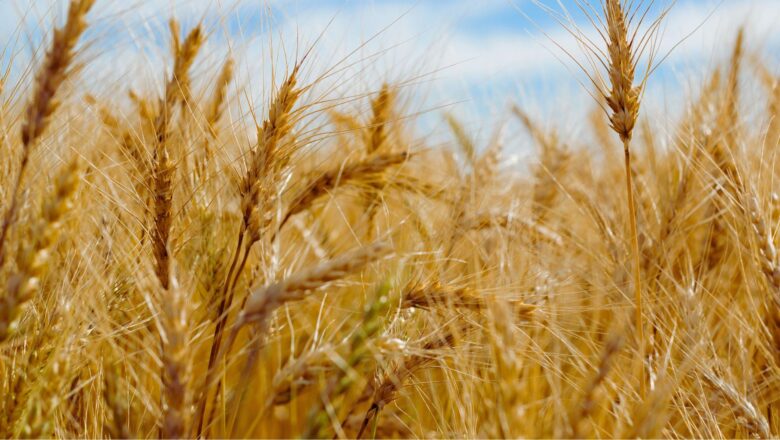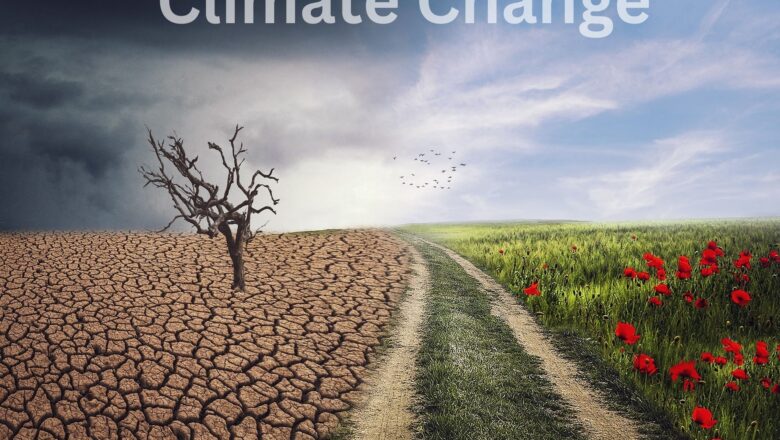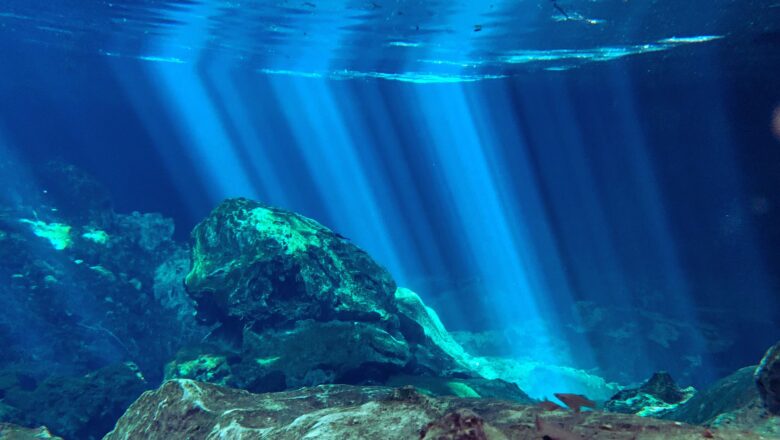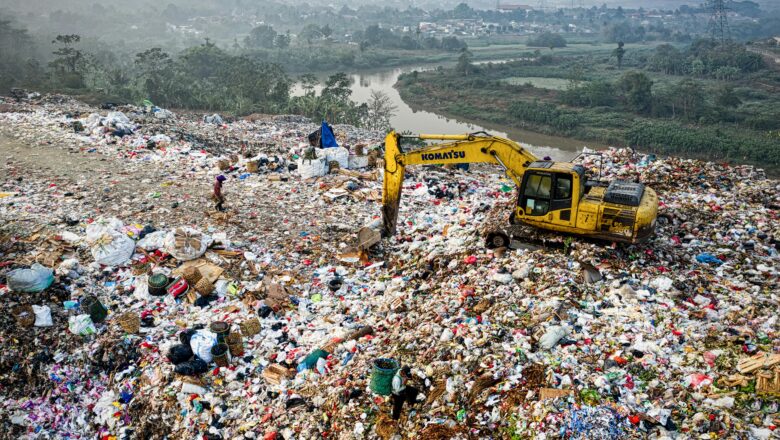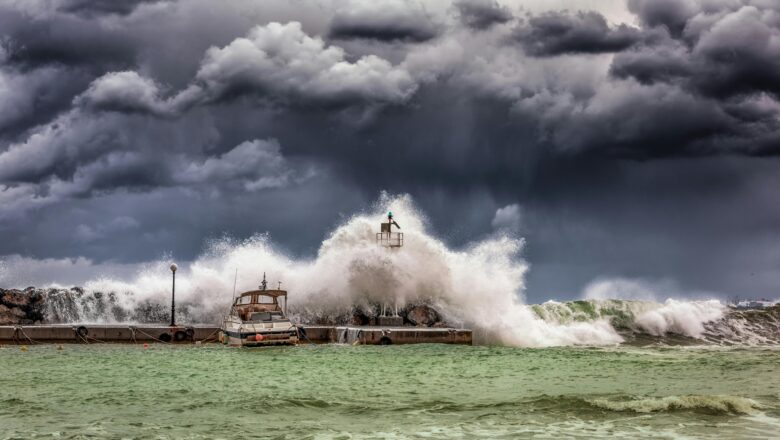
New Computer Model Promises Faster Flood Forecasts for Cyclone and 100 Million Affected Coastal Communities
Tropical storms and cyclones have already impacted hundreds of millions living along the world’s coasts. As extreme weather events become more frequent and intense, understanding all the factors that contribute to flooding storm surges, rainfall, and waves is crucial. Now, new research by Tim Leijnse from Deltares and VU Amsterdam offers a powerful solution through an advanced flood model called SFINCS, enabling faster, more accurate flood risk forecasts.
New Open-Source Model: SFINCS
Over recent years, Tim Leijnse and his research team developed SFINCS (Super-Fast INundation of CoastS), a groundbreaking open-source model designed to assess different types of flood risks efficiently.
Unlike traditional flood models that require heavy computing resources, SFINCS simplifies complexi...




